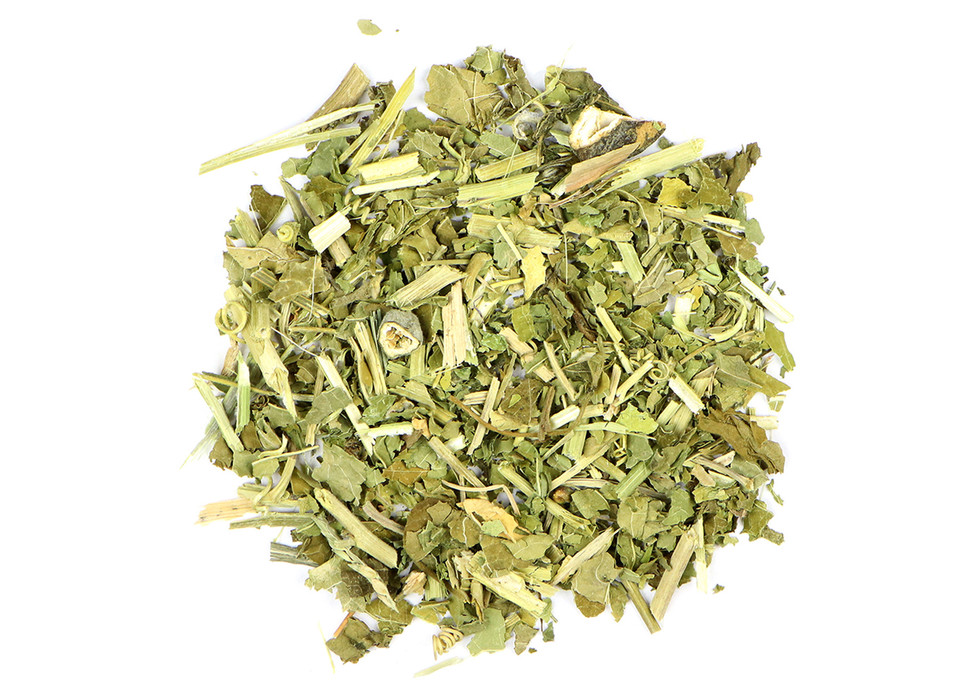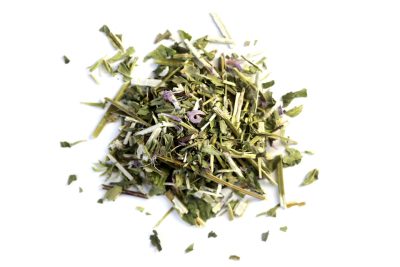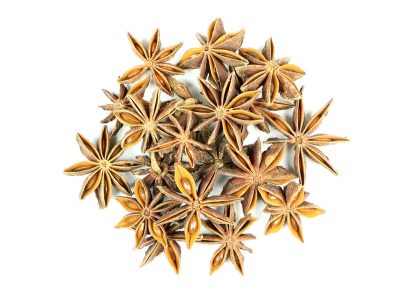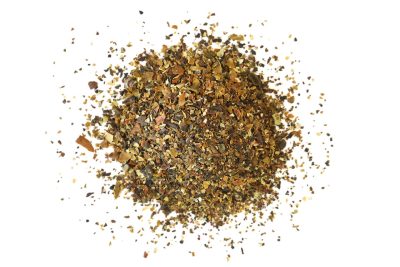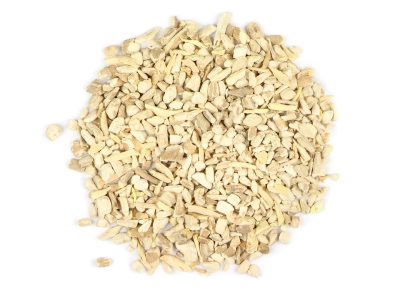While we work to ensure that product information is correct, on occasion manufacturers may alter their ingredient lists. Actual product packaging and materials may contain more and/or different information than that shown on our Web site. We recommend that you do not solely rely on the information presented and that you always read labels, warnings, and directions before using or consuming a product. For additional information about a product, please contact the manufacturer. Content on this site is for reference purposes and is not intended to substitute for advice given by a physician, pharmacist, or other licensed health-care professional. You should not use this information as self-diagnosis or for treating a health problem or disease. Contact your health-care provider immediately if you suspect that you have a medical problem. Information and statements regarding dietary supplements have not been evaluated by the Food and Drug Administration and are not intended to diagnose, treat, cure, or prevent any disease or health condition. PhysioFormulas, LLC DBA Your Healing Store assumes no liability for inaccuracies or misstatements about products.
Passionflower
$9.25
In stock
Description
Native to the southern United States, Passiflora incarnata is now widely cultivated throughout the US and Europe. Passionflower is utilized for its gentle calming properties. This vining plant has showy, intricate flowers, which caught the eye of Spanish missionaries who correlated the inflorescence with the Passion of the Christ, and thus dubbed the name passion flower. Our organic passionflower can be tinctured, steeped as passionflower tea, and incorporated into herbal infusions.
Passionflower is cooling to the body, calming to the mind, and soothing to the spirit. It quells disquietude, calms the ruminating mind, and can promote natural relaxation and helps in coping with stress.* This plant is gentle yet profound. It can be administered as a soothing tea for children or the elderly and can help to calm a restless mind. Other common names include apricot vine, maypop, and wild passionflower.
P. incarnata, in the Passifloriaceae family is a perennial climbing vine with generally 3 lobed, palmate leaves sporting, according to the late herbalist Michael Moore, "complicated but comely flowers." Indeed, the flowers are quite striking, flamboyantly displaying five stamens and three stigmas which "protrude from the flower's center like the antennae of a spaceship" writes Steven Foster. Further, there are five petals and sepals, and a collar of threadlike, frilly, lavender colored, coronal filaments. One begins to see where the "passion" came from...however, actually, the name has more virtuous origins. The story goes that in 1569, in Peru, a Spanish doctor, Nicolas Monardes 'discovered' this plant. It eventually made it into the hands of Spanish missionaries who saw the flower as a physical representation of the crucifixion of Christ. The three stigmas represented the 'nails of crucifixion', the coronal filaments were the 'crown of thorns', the five stamens were the wounds, and the ten sepals were representative of ten of the disciples (Judas and Peter got left out due to their overall poor behavior). Thus, this flower was used as a teaching tool, to tell the story of Christ to the indigenous people. P. incarnata is native to the Southeast of the United States ranging south from Virginia to Florida and as far west as Texas, Mexico and Central and South
America. This vine grows in relatively poor sandy soil and prefers full sun and a trellis or fence to wrap itself around. It often grows in disturbed areas and, in spite of its majestic appearance and usefulness, considered a weed. There are a multitude of species, over 500 in fact, many of which are native to the Americas. One such species P. edulis, is the tasty tropical "passion fruit" which is eaten as a fruit and made into juice in Mexico and south to its native stomping grounds in Brazil and neighboring countries. It is used as a common flavoring in the United States. Several other species such as P. foetida, P. Mexicana, and P. tenuiloba in the southwest of the United States and P. lutea in the southern U.S.
have been used similarly to P. incarnata.
Passiflora sp. has a rich history of traditional use dating back to pre-historic times. Seeds that were thousands of years old were found around Virginia, where the Algonkian Indians thrived. Early European settlers have records of the Algonkian Indians eating the passionflower fruit. The Cherokee used P. incarnata root extensively for a variety of purposes. Additionally, various parts of the plants, including the fruits, were made into a beverage, and the leaves and young tendrils were boiled or fried and eaten. Various indigenous groups were known to use the plant as a topical poultice. P. incarnata has had documented uses in Europe going back to 1787. In the spirit world, passionflower has been used as a magical charm to attract friendships and to bring peace, and the leaves can be placed in a house to illicit harmony and lessens discord.
